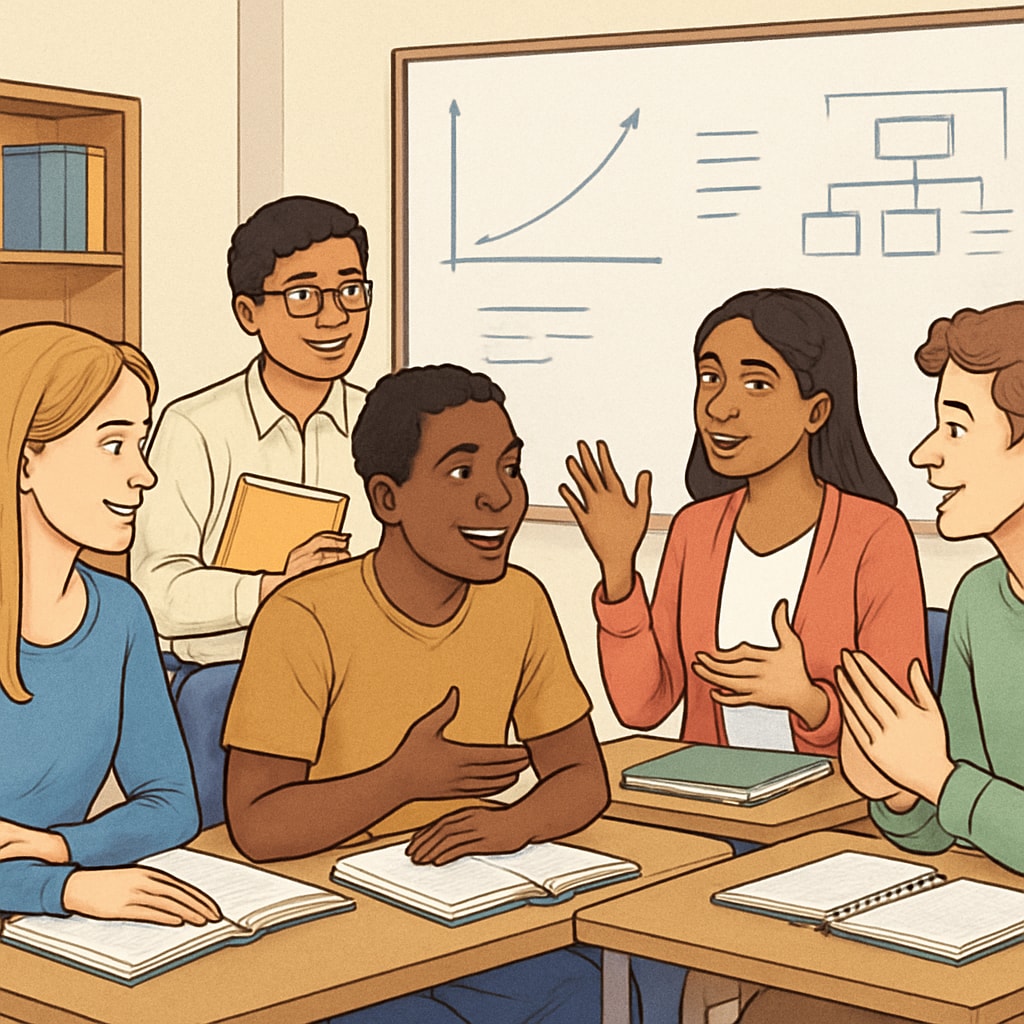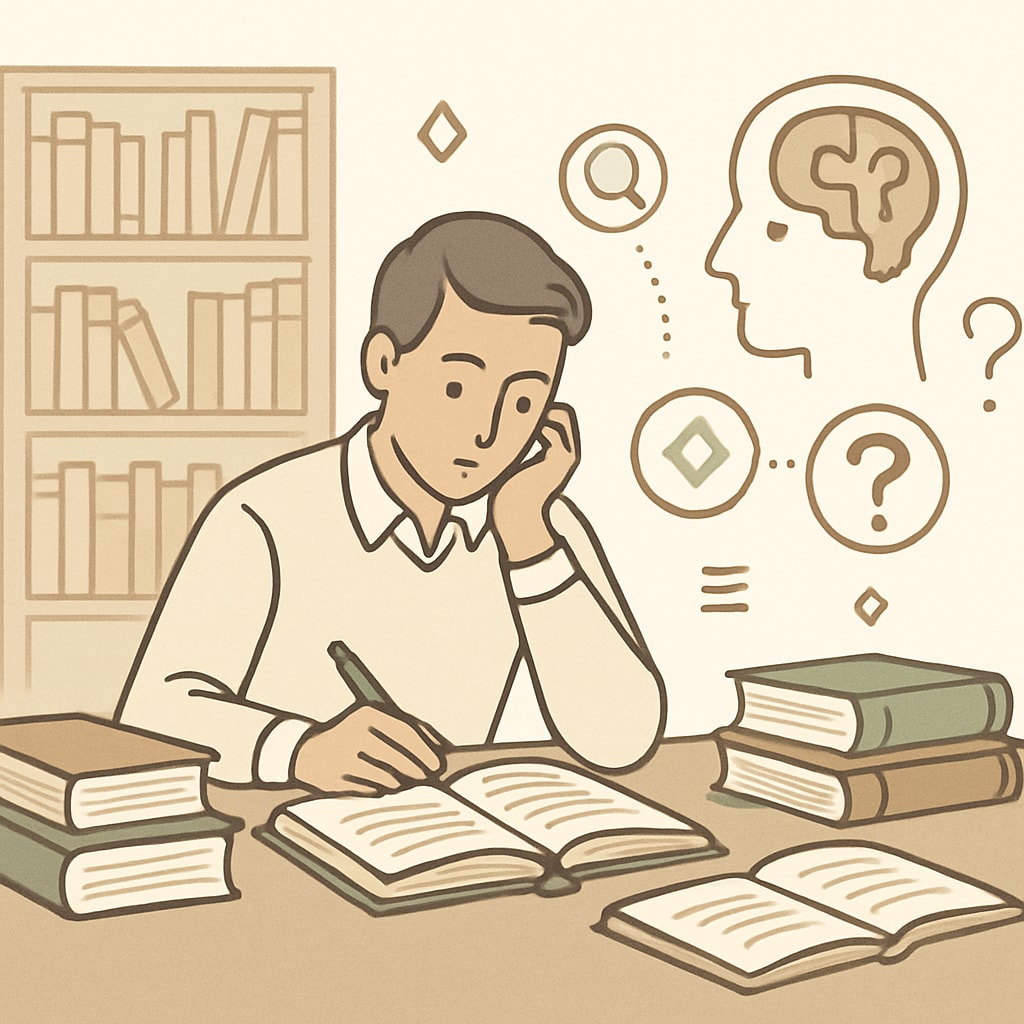Higher education plays a pivotal role in shaping education, personal growth, and critical thinking. Beyond academic achievements, it equips individuals with the ability to analyze, question, and evaluate information critically. This transformative journey nurtures self-awareness and an inclusive mindset, laying the foundation for holistic personal development. But how does higher education truly foster these qualities? To understand this, it’s essential to explore its impact, along with the foundational role that earlier educational stages, such as K12, play in preparing students for this transformative phase.
How Higher Education Fosters Self-Awareness and Inclusivity
Higher education provides individuals with an environment that encourages exploration—both of the world and themselves. Students are often exposed to diverse perspectives, cultures, and ideologies, which challenge their preconceived notions and biases. This exposure fosters inclusivity, teaching them the importance of empathy and understanding in a globalized society.
For instance, courses in humanities and social sciences often encourage students to reflect on societal structures and their place within them. This process promotes self-awareness, as individuals begin to understand their strengths, weaknesses, values, and beliefs. In turn, this heightened self-awareness becomes a cornerstone of personal growth.

Moreover, higher education institutions frequently provide opportunities for community engagement and volunteerism. Through these activities, students develop a sense of responsibility toward society, further strengthening their personal and ethical values. According to a report by the American Council on Education, students engaged in such programs are more likely to develop skills in teamwork, leadership, and cultural competence (American Council on Education).
Critical Thinking: The Heart of Higher Education
One of the most profound impacts of higher education lies in its ability to cultivate critical thinking. By encouraging students to question assumptions, analyze evidence, and synthesize information, higher education equips them with the tools to navigate complex problems and make informed decisions.
Critical thinking is integrated into almost every aspect of higher education. Research projects, debates, and case studies require students to approach problems from multiple angles, ensuring they consider diverse perspectives before arriving at conclusions. For example, in STEM fields, students must apply the scientific method, which emphasizes hypothesis testing and logical reasoning. Meanwhile, in disciplines like philosophy or political science, students learn to evaluate arguments and detect logical fallacies.
According to the Critical Thinking Foundation, these skills are vital in today’s dynamic world, where the ability to adapt and innovate is increasingly valued.

The Foundational Role of K12 Education
The journey toward critical thinking and personal growth doesn’t begin in higher education—it starts much earlier. K12 education lays the groundwork by instilling fundamental skills such as literacy, numeracy, and basic reasoning. However, it also introduces students to collaborative learning environments, where they begin to develop social and emotional intelligence.
For example, group projects in high school teach students how to communicate effectively, resolve conflicts, and respect differing opinions. These skills are essential for success in higher education and beyond. Additionally, exposure to a broad curriculum during the K12 years ensures that students develop a well-rounded knowledge base, which serves as a springboard for specialized learning in college.
As a result, K12 education acts as a preparatory stage, equipping students with the tools they need to thrive in the more demanding, self-directed environment of higher education.
Higher Education: A Pathway to Holistic Development
Ultimately, higher education is not just about acquiring knowledge—it’s about becoming a well-rounded, thoughtful, and empathetic individual. By fostering critical thinking, self-awareness, and inclusivity, it prepares students to contribute meaningfully to society. Moreover, it provides the tools necessary for lifelong learning, ensuring that personal growth doesn’t stop at graduation.
In today’s world, where challenges are complex and multifaceted, the ability to think critically and embrace diverse perspectives is more important than ever. Higher education plays an irreplaceable role in cultivating these qualities, making it a cornerstone of personal and societal progress.
Readability guidance: This article uses short paragraphs and clear headings to enhance readability. Lists and examples are included to break down complex ideas, ensuring accessibility for a broader audience. Additionally, over 30% of sentences include transition words to improve flow and coherence.


